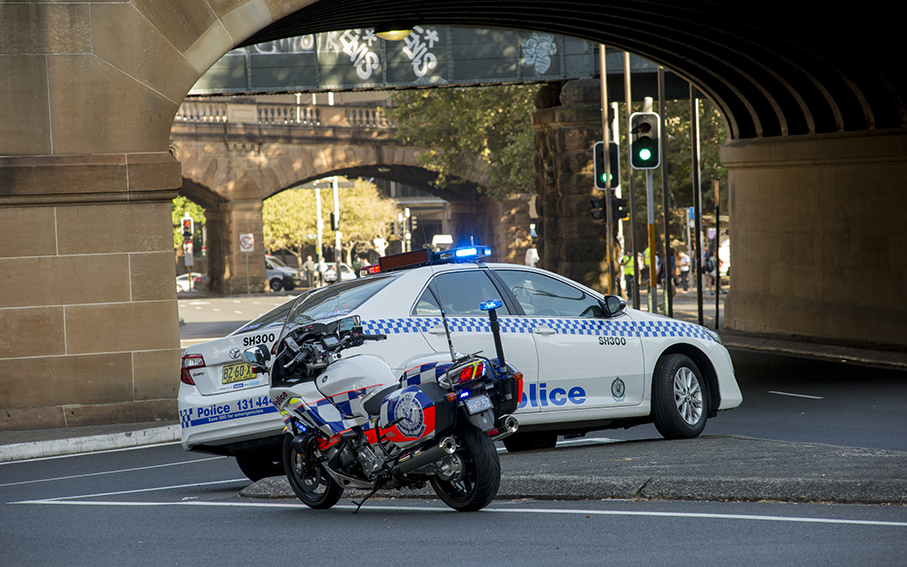In January 2019 a police officer strip searched two women outside of Sydney Casino, The Star. During the search, one of the women was asked to remove her tampon.
In another case that same year, a young woman working at the Secret Garden Festival in Sydney was ordered to pull down her underwear and bend over while male police officers allegedly laughed at her. No drugs were found on either of these women.
This isn’t just happening in Australia either. In 2016, Houston resident Natalia Simms, 40, was sitting on a curb next to her car waiting for her boyfriend on a summer evening. A police officer approached her and requested to search her car. Finding no drugs or weapons, the female officer advised she would strip search Simms. The officer asked if Simms had anything in her pants and when Simms responded that she was menstruating, the officer reached into her underwear and allegedly removed the tampon without consent.
Let me repeat that the officer, female, removed her tampon. How is that ever appropriate or legal!?
Certainly not under Australian law. The Act 2002 No 103 Part 4 Division 4 Section 33 states a strip search can be carried out if an officer “suspects on reasonable grounds that the strip search is necessary” and that “the seriousness and urgency of the circumstances make the strip search necessary.” It is illegal to search genital areas or any body cavities. Officers must conduct the least invasive search possible.
This invasion of privacy and violation of rights is illegal, and immoral. Considering that many cultures and religions already consider menstruating unclean or dirty to have the shame of your rights being taken away to all women, is atrocious.
In Muslim culture women are prohibited from fasting while menstruating and unable to enter a mosque or offer the five prayers.
Judaism refers to menstruating as “Niddah” and women and men are unable to have sex until the woman immerses herself in mikvah (ritual bath). In certain Orthodox communities women are prohibited from living under the same roof and even partaking in any cooking or working during the period of menstruation.
In Laos, a study found that menstruation is considered taboo and shameful.
The entire subject is still taboo to many males and females in non-religious cultures and homes. The media itself has contributed to women feeling ashamed of discussing sanitary products, with many advertisements focusing on women dancing and parading in sundresses to sell tampons – but as if nothing else is going on.
Menstruation is a highly personal, sacred time. It represents your ability to give birth. Yet we fight against society and religion and even paying taxes on sanitary products, now we must fight against our rights to not be violated during that time of the month.
The Me Too movement highlights people in positions of power abusing that power; the police are not exempt from that. And yet, on more than one occasion, a police officer thought it necessary to not only question a woman about a tampon inserted inside her body but to remove it without consent. The moment that happened, that police officer removed that woman’s dignity. This isn’t just an abuse of power and an abominable violation of women’s rights, this is assault.
Neither the police in the US or Australia in question have faced any charges and under the review, the police officers reported not knowing what they could do in a strip-search. It has since been noted a new manual was introduced last August 2019 to instruct officers correctly. I would say removing a women’s tampon without consent would be a clear no in any position, police or not.


